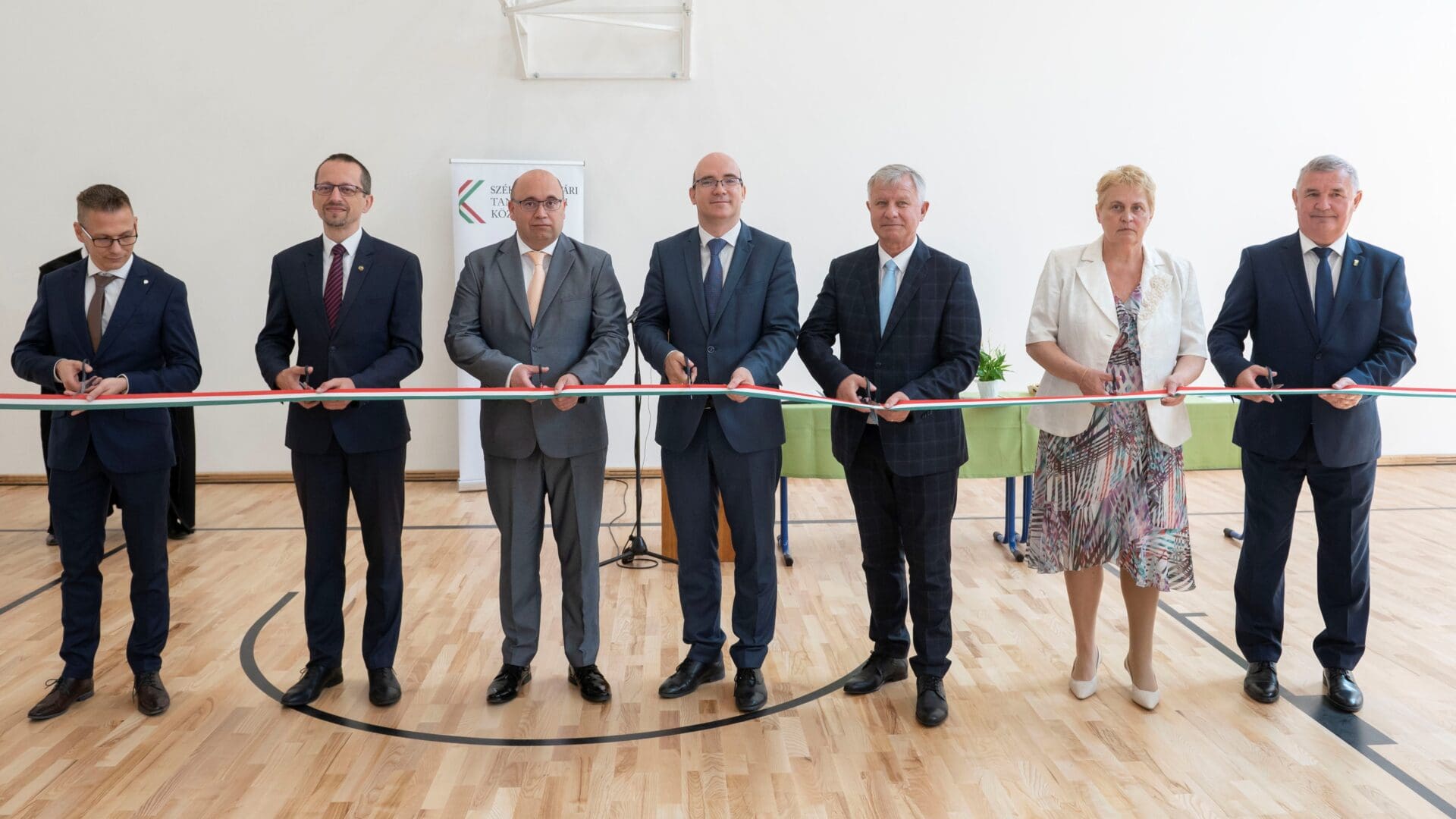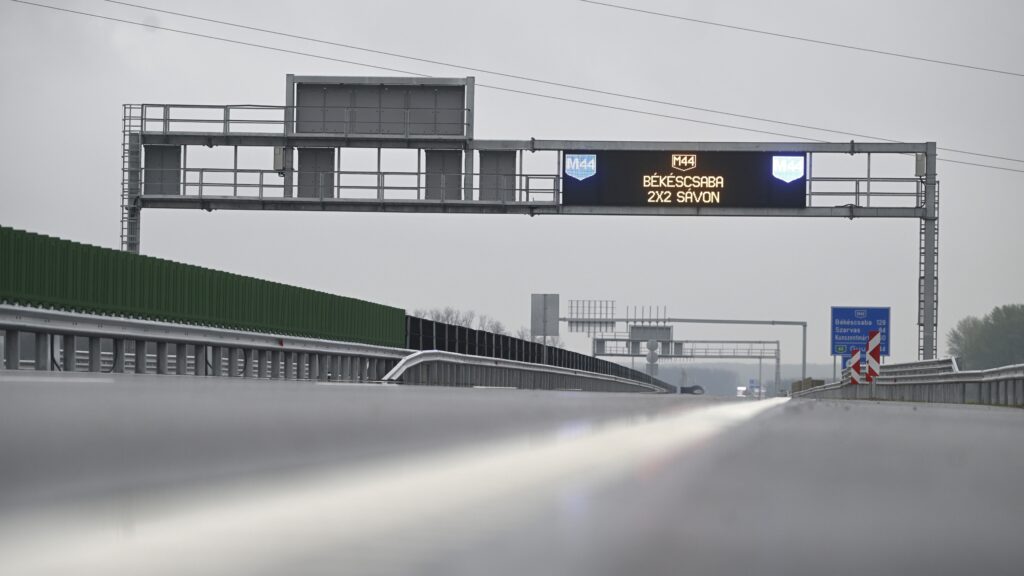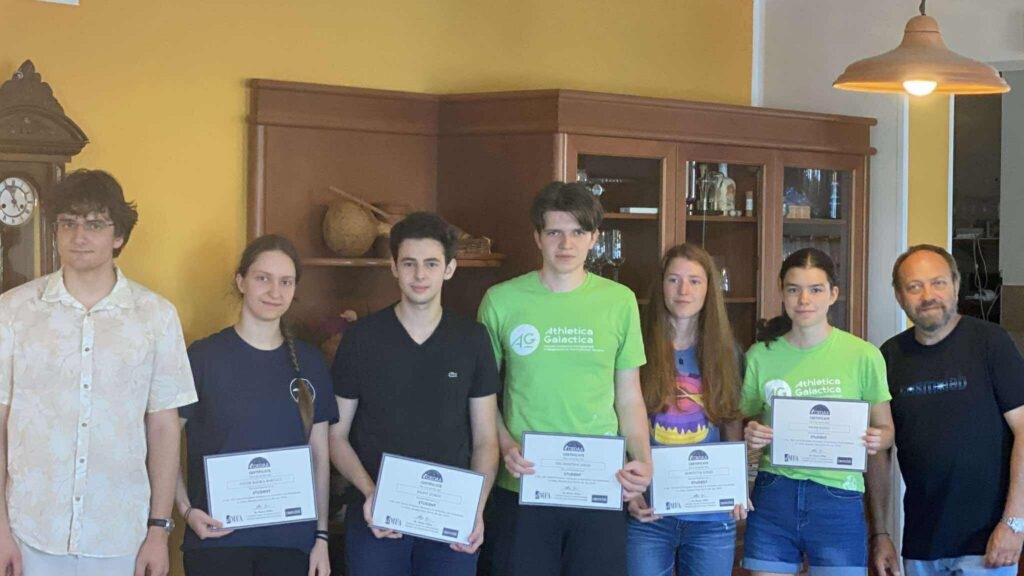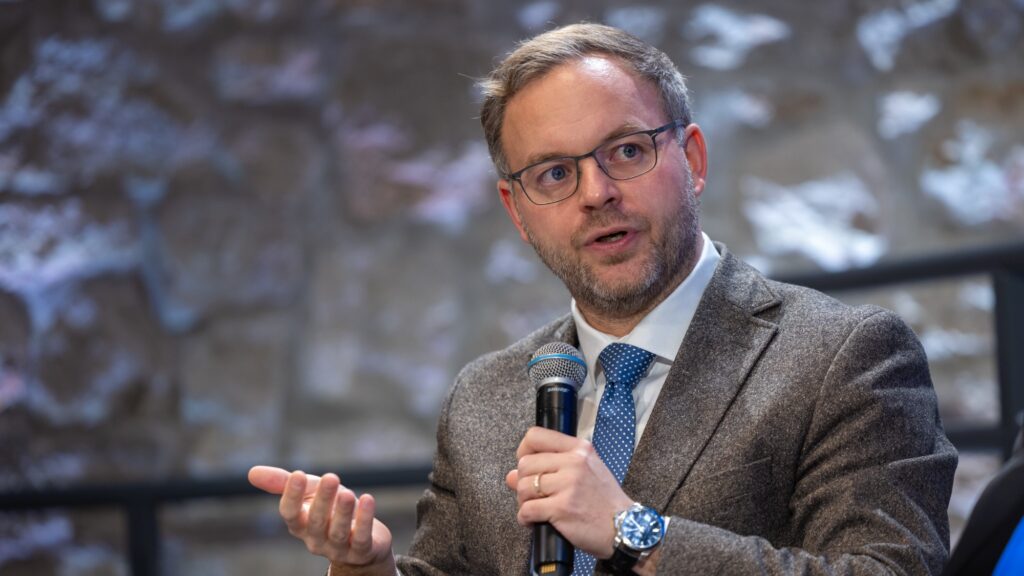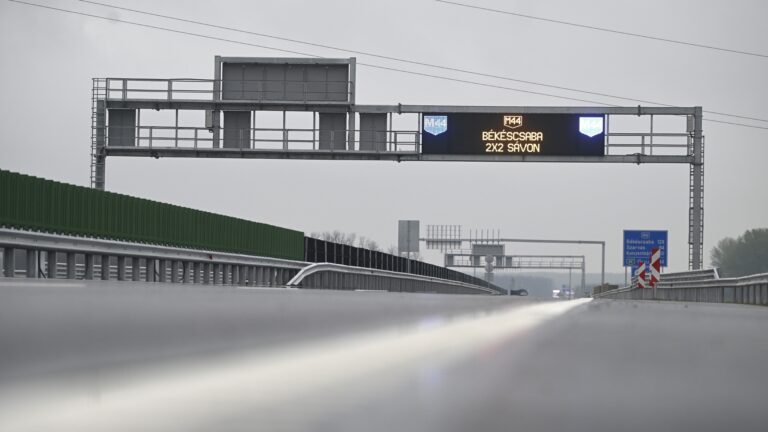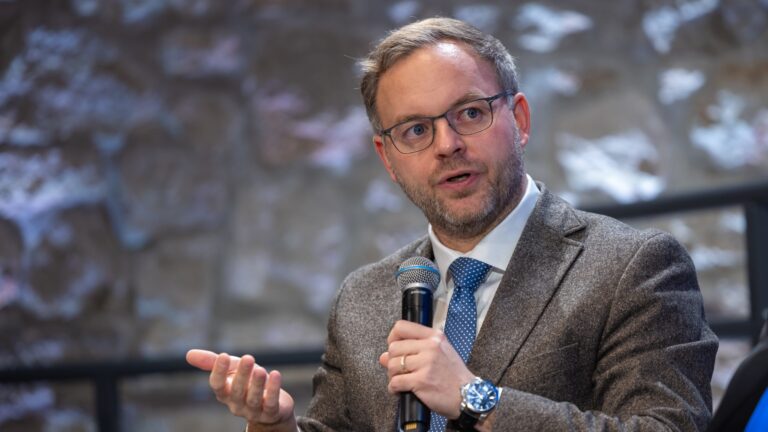The minister of state for Public Education, Zoltán Maruzsa declared on Tuesday, 30 May in Mór, Fejér County that the schools of tomorrow cannot be the same as the schools of yesterday. This statement was made during the inauguration of the infrastructure development projects at Miklós Radnóti Primary School in Mór and József Károlyi Subsidiary School in Fehérvárcsurgó. Maruzsa stated that Hungarian public education is taking place in 11,935 locations and serves 1.5 million kindergarten children and students.
He added that the state took over this massive institution 10 years ago and they are moving forward step by step. He emphasised that it is necessary not only to maintain but also to develop the school buildings, as this is a legitimate and fundamental expectation of the Hungarian public. The minister noted that between 2018 and 2022, a total of 4,576 educational investments were realised nationwide, affecting 40 per cent of the entire infrastructure through significant renovations or expansions. He went on to state that there were 110 projects that involved schools, including the aforementioned investments in Mór and Fehérvárcsurgó.
Szabolcs Török, the Director of the Székesfehérvár District Educational Centre, mentioned that
this is the largest grant project completed by the district to date,
as the development of both Mór and Fehérvárcsurgó schools was carried out within one grant totalling about HUF 2 billion.
MP Gábor Törő of Fidesz stated that the two municipalities initially won one billion forints of EU funding, but after multiple procurement procedures, it was revealed that twice that amount was needed in actuality. Eventually, the government supplemented the original amount, so there were no obstacles to the implementation.
The representative also pointed out that for Mór, as a district centre, a strong industry is important, but education is equally crucial, which is evidenced by the fact that they managed to renovate all local kindergartens and schools except for Dr Ágoston Zimmermann Primary School, where a half-billion-forint development will soon begin.
According to Péter Fenyves, the Mayor of Mór, this is a small step in terms of the country’s development but a ‘huge leap’ in the life of the town with the construction of the new wing of the school being completed, fulfilling the institution’s long-standing dream.
Principal Péterné Kajos drew a parallel between the old and the new wings, as the ‘old Radnóti’ was one of the most modern buildings of its time when it was inaugurated over 100 years ago, and the ‘new Radnóti’ is a modern specimen of its present time.
According to the press release, at Miklós Radnóti Primary School in Mór, a new gymnasium was built with changing rooms and sanitary facilities, an auditorium for 100 people was established, specialised classrooms were created, and a new library and teachers’ lounge were also set up. At József Károlyi Subsidiary School in Fehérvárcsurgó, a language laboratory and a science classroom were established, while five classrooms were renovated. Additionally, the entire facade and roof of the building were insulated, the windows were replaced, and the heating system was modernised.

